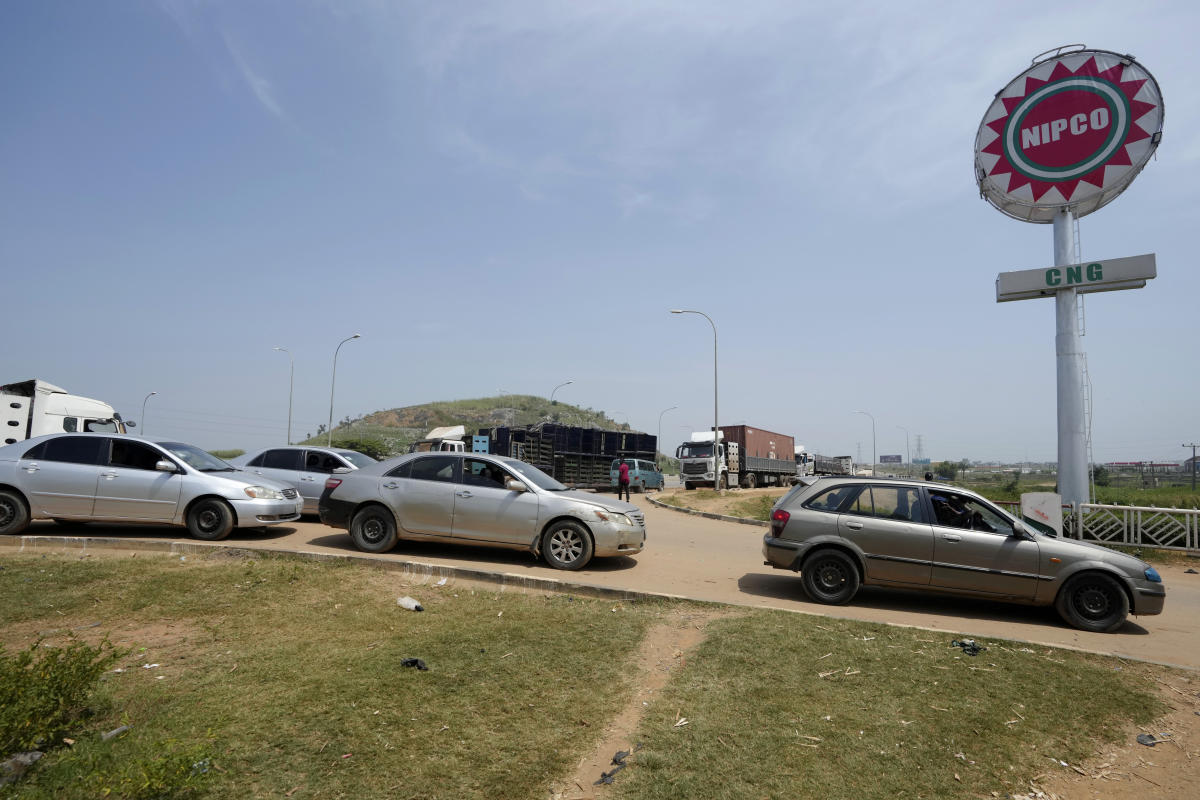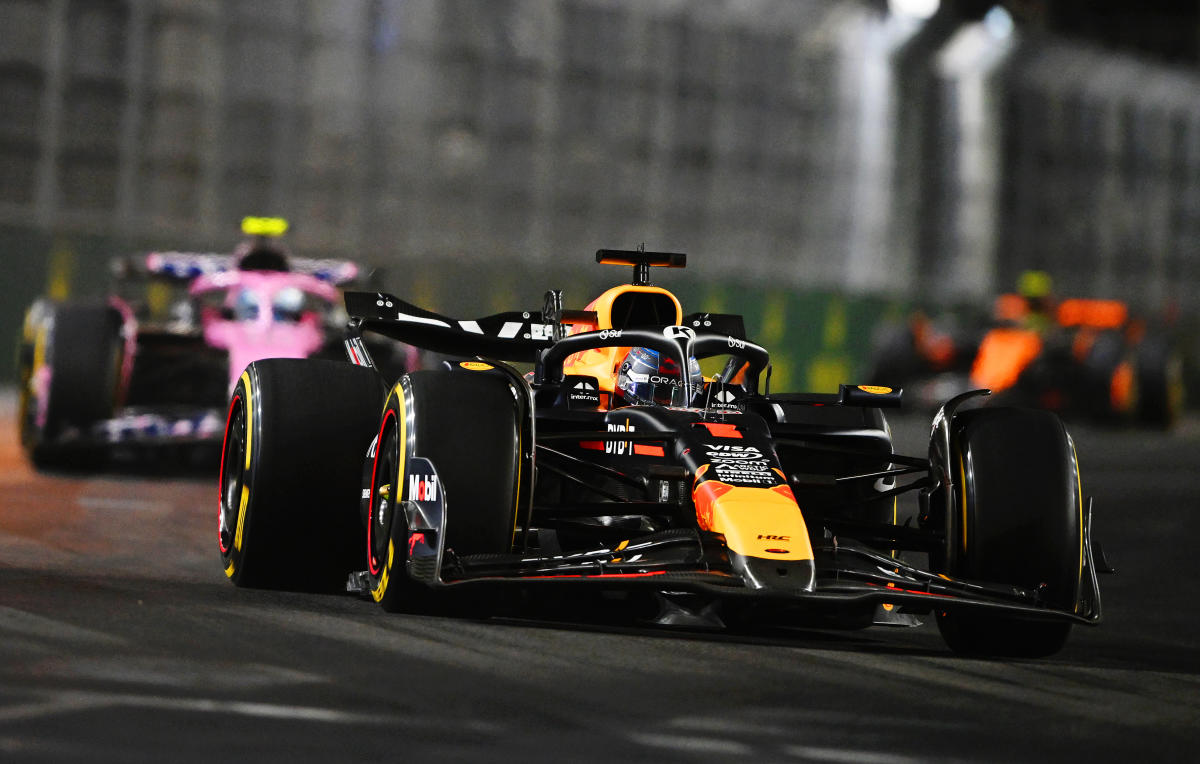ABUJA, Nigeria (AP) — When Nigerian President Bola Tinubu ended expensive subsidies that made gasoline affordable for many in Africa’s most populous country, Ahmed Halilu knew his e-taxi company in the capital Abuja was on the verge of huge to suffer losses.
Transport costs skyrocketed as the price of gasoline more than tripled in the months following last year’s decision, resulting in the country’s worst cost-of-living crisis in a generation. That meant a huge drop in Halilu’s passenger numbers and ultimately its revenues.
In what they said would ultimately reduce transport costs by almost 50%, Nigerian authorities in August introduced a compressed natural gas (CNG) initiative to tap into their vast gas reserves – the largest in Africa – and roll out CNG buses, while switching to petrol vehicles. It.
More than 100,000 vehicles have been modified to run on CNG or with the hybrid option of CNG and petrol, and according to Director Michael Oluwagbemi, at least US$200 million has been invested by the government under the initiative.
The government aims to convert 1 million of Nigeria’s more than 11 million vehicles in the next three years, but analysts say the process is slow, reflecting poor implementation and limited infrastructure.
Although Nigeria is one of Africa’s largest oil producers, the country is dependent on imported refined petroleum products as its refineries are struggling, with production at its lowest level in decades amid massive oil theft.
Along with other reforms Tinubu introduced after coming to power in May last year, the elimination of subsidies was intended to save the government money and support declining foreign investment.
However, it has affected the price of almost everything, and rising transportation costs are forcing people to ditch their cars and walk to work.
Switching to gas is difficult. In addition to the lack of an adequate network of CNG conversion and fueling stations – available in 13 of Nigeria’s 36 states – the success of the government’s initiative was also limited by low public awareness.
That has left room for misinformation and hesitation among drivers.
“People are not excited about it because of a lack of orientation,” Halilu said. He converted his car and now saves $240 per month on gas costs in his e-hailing company.
Some drivers have expressed fears that their car could explode when converted to CNG; statements that regulators say are untrue unless the equipment is installed incorrectly. In southern Edo state, authorities discovered that an exploding CNG vehicle had been worked on by an unaccredited supplier.






